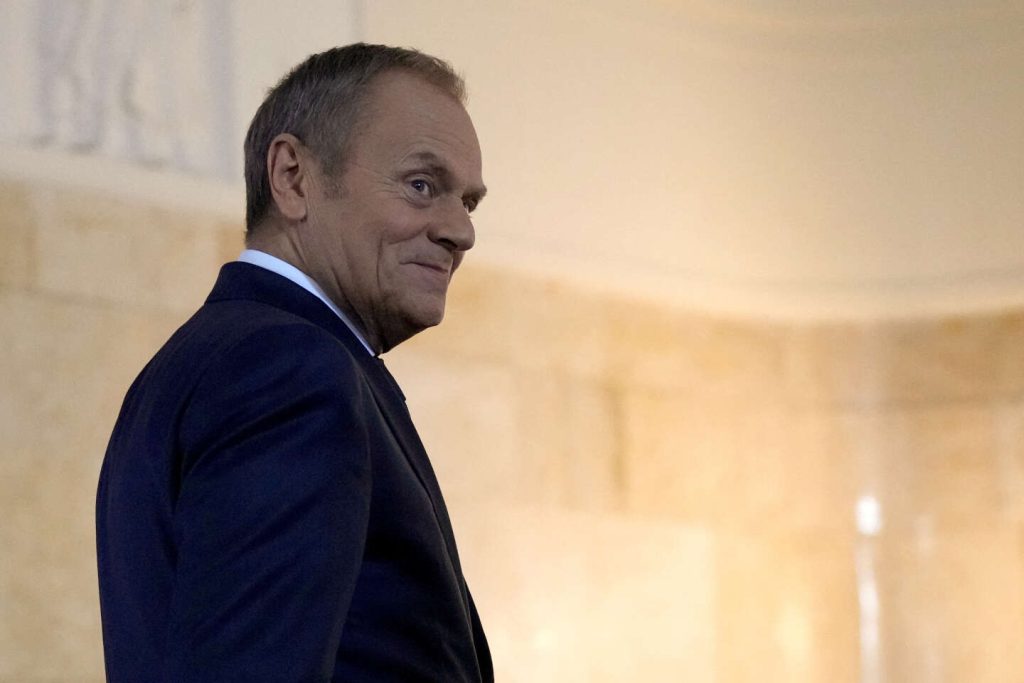Two decades have passed since the big enlargement of the European Union (EU) on May 1, 2004, which included the accession of ten countries, including eight Central European states. From the perspective of Poland, where citizens had voted 77.5% in favor of this accession in a referendum held a year earlier, these years can only be seen as a huge success. The country has fully taken advantage of the opportunities offered by the European project, which was perceived by the Polish people as a great – and just – return to the Western family after the “betrayal of Yalta,” the 1945 conference that resulted in the division of Europe and deprived Poland of its sovereignty. The results have been impressive since 2004, with Poland’s GDP per capita increasing from 49% to 82% of the EU average, its GDP in absolute value growing by 170%, the minimum wage multiplied by five to reach 950 euros, and the average salary multiplied by three to 1,450 euros. The country has received a net value of 170 billion euros through the cohesion and common agricultural policies after deducting its contribution to the European budget.
The enlargement has been beneficial for both sides. Western European states have fully benefited from the expanded common market and its opportunities. Germany’s exports to the Visegrad group (Poland, Hungary, Czech Republic, and Slovakia) now exceed those to China. Poland is now seen as the sixth largest economy in the EU, despite not being part of the euro zone. According to a report from the Polish Economic Institute, if Central Europe had not joined the EU, the country’s GDP would be 40% higher. Only Lithuania has a higher score at 60%. Despite this undeniable success, known in Poland as a “civilizational leap,” the atmosphere in Warsaw is not celebratory. The euphoria and tears of joy from the generation that marked the midnight of May 1, 2004, are now just a memory. After the legislative elections on October 15, 2023, which saw the return to power of Donald Tusk, former president of the European Council, the country is undergoing a new “democratic revolution” that ends eight years of nationalist and authoritarian rule by the Law and Justice Party (PiS).
The success of Poland’s integration into the EU has been remarkable, with significant economic growth and development. The country has been able to attract a large amount of foreign investment and has benefited from EU funds to improve infrastructure and agriculture. However, despite these achievements, there are deep divisions in Polish society that have emerged during the nationalist and authoritarian rule of the PiS. The current government is facing challenges in addressing these divisions and moving the country forward towards a more democratic and inclusive society. The political landscape in Poland is undergoing significant changes, with the return of a pro-European leader like Donald Tusk signaling a shift towards a more European-focused approach.
As Poland reflects on the past twenty years since joining the EU, there is a sense of pride in the country’s achievements and progress. The EU has played a crucial role in Poland’s development and growth, providing opportunities for economic advancement and integration into the Western community. The challenges that Poland faces in the coming years will require strong leadership and a commitment to democratic values and principles. As the country navigates through this period of transition, it will be important to build on the successes of the past and work towards a more united and prosperous future for all its citizens.


